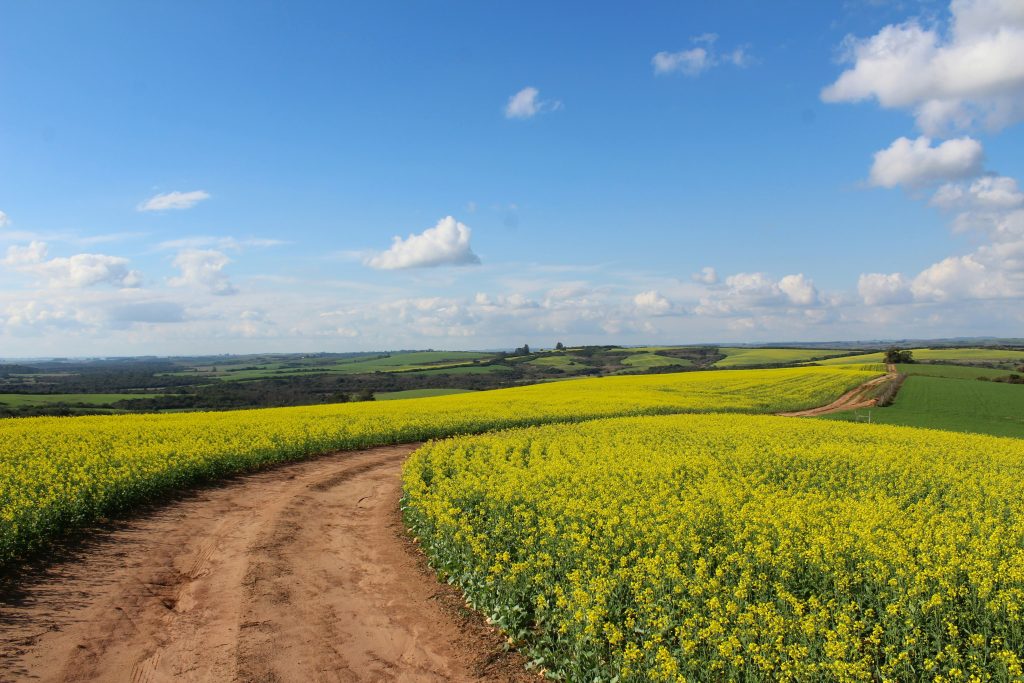Meeting Europe’s resource challenge within and beyond EU borders

This Policy Paper is a contribution of Annika Ahtonen and Andrea Frontini (EPC), to the project Think Global – Act European (TGAE). Thinking strategically about the EU’s external action directed by Notre Europe – Jacques Delors Institute (report available in May 2013, dir. Elvire Fabry, Senior Research Fellow, Notre Europe – Jacques Delors Institute).
Annika Ahtonen, Policy Analyst and Andrea Frontini, Programme Assistant, European Policy Centre (EPC) ? The European Union (EU) faces a serious resource challenge. It is dependent on external sources of energy and other raw materials, and this makes it vulnerable to resource availability and price fluctuations. If not managed, this could have serious implications for Europe and its competitiveness, for public and private sectors, for citizens and for overall European well-being.
The EU takes environmental challenges seriously, at least on paper, and has developed a number of internal policies and initiatives to tackle problems related to loss of biodiversity, inefficient use of resources and poor waste management. It is widely recognized that the EU should work together to tackle the energy challenge. At the same time, the EU has a two-fold approach to the external dimensions of resource challenges. Firstly, the EU has made sustainable development a fully-fledged component of its own narrative worldwide. Secondly, as do all actors, it has an interest in protecting its self-interests amidst increasing global competition over resources. However, in order to tackle the resource challenge effectively, the EU must both turn words into action within Europe and clarify its external strategy and the means to implement it.
Reforms are needed, and the question is whether migration can help address these issues. It can, but only if the European economies are capable of growing enough to create the jobs, meaning that migrants can be integrated into the labour market and thus contribute to financing the welfare system. This will pose challenges as the countries with a population surplus are also those countries which have revealed to be difficult to integrate . This calls for a change – and a drastic improvement – in Europe’s integration policies, including not only a public debate about the benefits, or necessity, of migration and integration, but also a series of Europe-wide initiatives.




